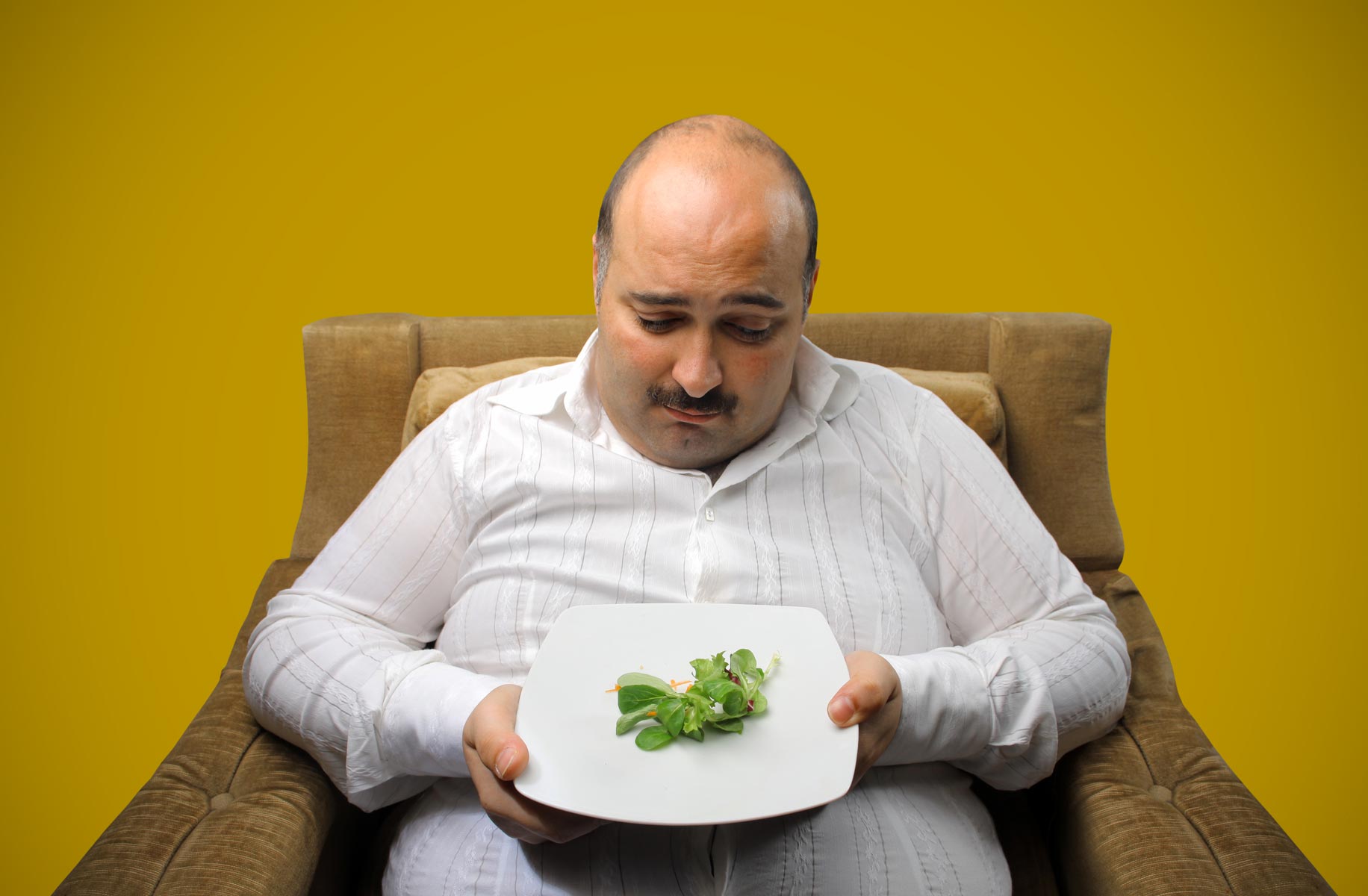
Wellness for Adults
Digestive Disorders
Medical Disclaimer: The information and advice published or made available through this website is NOT intended to replace the services of a physician or a health care professional acting under a physician’s supervision, nor does it constitute a doctor-patient relationship which has been established by an in-person evaluation of a patient.
There is a famous saying in Chinese Medicine: Above all else, protect your digestion. In a gastrointestinal tract from mouth to anus, there are many organs involved. And it’s very important to keep this tract function well. In fact, almost every facet of your health starts with a good digestion. In Traditional Chinese Medicine (TCM), spleen and stomach is also called Centre Earth and they are in charge of absorbing Postnatal Essence. Many TCM doctors believe Keeping Centre Earth healthy is a way for better health, happiness and longevity.
Western Medicine Points of View
Digestive disorders include such symptoms and conditions as:
- Heartburn/GERD (Acid Reflux)
- Nausea
- Bloating/belching
- Gas (flatulence)
- Constipation
- Abdominal pain
- Indigestion (Dyspepsia)
- Dysmotility
- Stomach ulcers (Ulcerative Colitis)
- IBS (Irritable Bowel Syndrome)
- Food intolerance
- Crohn’s disease
- Haemorrhoids: swelling and inflammation of veins around the lower rectum or anus
Treatments
Over-the-counter medicines such as indigestion pills, liquids and laxatives are available. They have been designed to ease the common symptoms of digestive disorders. Pain medicine is also available but mostly on prescription. Chronic conditions require surgery. However, it is easy to become too reliant on quick fix indigestion pills, liquids and laxatives to hide the symptoms instead of looking at the root causes.
TCM Points of View
Some of the classic syndromes behind digestive disorders:
- Liver Qi stagnation: This is the major syndrome for stress and can lead to Irritable Bowel Syndrome and food sensitivity.
- Spleen Qi deficiency: Also stress-related, but this is a more advanced syndrome. It leads to excessive mucus, inflammation and bloating. Most people with spleen QI deficiency feel sluggish and tired. Factors other than stress can also be present.
- Stomach Qi deficiency: This is the main syndrome related to indigestion or dysmotility.
- Yang deficiency: People suffering from this syndrome tend to have a lot of diarrhoea. As a part of treatment for this digestive disorder they need to eat warm foods.
- Excess syndrome: This causes water retention and weight gain. It is recognizable by a general heavy feeling after food.
- Indigestion: Weakness of the stomach and spleen
- Gallstones: Damp Heat in the liver and Gallbladder
- Gastric/duodenal ulcer: Stagnation in liver and stomach Qi blood and energy combined
- Ulcerative colitis: Damp and Heat burning inside and damaging the blood vessels. This leads to ulceration and diarrhoea with blood and mucus in the stool.
- Irritable bowel syndrome: Imbalance between stomach, spleen and intestines. Sometimes this also affects the liver and kidney.
Treatments
Acupuncture & Moxibustion, and Herbal Medicine: World Health Organization (WHO) recommends acupuncture. Clinical trials have demonstrated its use for various symptoms and conditions of digestive disorders. Clinical trials have shown acupuncture to be effective for the following:
- Diarrhea and Dysentery
- Nausea and vomiting, and Gallstones (Biliary colic)
- Epigastralgia: Acute peptic ulcer, acute and chronic gastritis, and gastrospasm
- Gastrointestinal spasm
- Renal colic
Clinical trials have shown acupuncture to have a therapeutic effect on the following:
- Ulcerative colitis (chronic)
- Pain due to endoscopic examination
- Gastrokinetic disturbance: WHO recommends acupuncture for irritable bowel syndrome (IBS). This is because treatment by conventional and other therapies is difficult. For this condition, clinical trials have reported acupuncture producing some therapeutic effects.
Prevention
Patients with digestive disorder(s) can be benefited by simply staying away from stress. It is impossible to overstate how much stress affects digestion, in fact, digestive problems are commonly the first physical sign that you are under stress. Chronic conditions like IBS and constipation are usually markers of chronic, long term stress. When you are stressed you release adrenalin which actually stops your digestive system from working properly. In order to beat any digestive ailments you must also deal with your stress levels. This also includes emotional difficulties, anxiety and depression.
Other methods to prevent digestive disorders are the following:
- Keep your abdomen warm: In TCM, we say “keep your head cool, and abdomen warm.”
- Avoid cold foods
- Eat plenty of high fiber foods

TREATING DIGESTIVE DISORDERS WITH ACUPUNCTURE
The digestive system is a reflection to how we process our external environment on every level. It is responsible for taking in and absorbing nutrients that will feed our entire system; body, mind and spirit. Without the foundation of a properly nourished body we cannot begin to find the strength to keep up, be it in our jobs, for our families, or for ourselves. Digestive disorders are all too common today. They can stem from an improper diet, emotional concerns, and stress to name a few.
Commonly disorders relating to digestion including nausea, diarrhea, constipation, IBS, loss of appetite (or excessive appetite!), heartburn, reflux, or burping. These respond well to acupuncture and Chinese herbal medicine. If one’s digestive system is so weak that herbal treatments are not tolerated, a course of gentle acupuncture treatments may be used to gradually strengthen the ability to handle foods and herbs. By taking in the proper nutrition we are able to nourish our bodies, finding increased energy and relief from illness and disease.
Common conditions treated include:
- Diarrhea or Constipation
- Irritable Bowel Syndrome
- Crohn’s Disease
Diarrhea / Constipation
Diarrhea may be due to many different causes, but it is always related to our body’s inability to digest our food in the proper manner. It can be from stress or emotional upset, it may be caused from a diet of heavy, rich or greasy foods, or it may be a side effect of medication. When treating diarrhea, just like treating any other conditions, we try to bring the body back into balance, determine the root cause of the diarrhea so that the body may heal. When your food gets properly digested, you can pull more energy out of the food to be used by the body resulting in an increase in energy, and general improvement in all the body’s systems.
Constipation
There are generally two types of constipation, one in which the stool is hard and dry indicating heat or a deficiency of fluids in the body, and the other in which the stool is difficult to express which indicates a qi deficiency of the body. Acupuncture has excellent clinical results in helping to regain normal bowel function and relieve the symptoms of constipation by either clearing the heat and nourishing the fluids, or by tonifying the qi.
Irritable Bowel Syndrome
Irritable bowel syndrome is a common, difficult and upsetting disorder. It often begins in early adulthood, causing abdominal pain along with a host of other symptoms including constipation, diarrhea, belching, bloating, and irritability. More women than men suffer with IBS(3:1), and there is a close link to stress levels and the onset of symptoms. It is a purely functional disease, meaning that no known physical cause exists. Standard treatments can provide some symptomatic relief, but do not address the root cause, and cannot give permanent results.
From the perspective of Chinese Medicine, IBS is a disease related to the functioning of the spleen and stomach, the organs responsible for digestion, and the liver, which is responsible for the smooth flow of qi in the body. To treat the IBS symptoms, we must focus on both the digestion and emotions; stress, anxiety, and frustration to name a few. With acupuncture and Chinese herbs we can help course the liver qi and regulate the spleen and stomach. Both the National Institute of Health and the World Health Organization have recognized the effectiveness of acupuncture in treating the symptoms associated with IBS including abdominal pain and cramping, constipation and diarrhea. In addition, acupuncture and Chinese herbs can also treat causative factors surrounding the disorder, those that may ‘trigger’ IBS including anxiety, insomnia, acid reflux, premenstrual syndrome, fatigue, etc.
Diet and Lifestyle
Acupuncture is an important, and effective treatment for IBS, and it is more powerful when combined with changes in lifestyle. Dietary changes are essential to relieving the pain, along with some form of stress reduction (yoga, meditation, exercise, etc.). If you are suffering with IBS, include in your diet foods that are easy to digest, the main recommendations being a clear and bland diet. Pay attention to times when your symptoms tend to get worse and note what you may have eaten or stressful situations you may have experienced prior to the episode. By noting these triggers you can know to avoid them in the future, or prepare for them if they are unavoidable.
The benefit in treating IBS with acupuncture and Chinese herbs is due to the individuality of the treatments. Not everyone experiences the same symptoms, and the treatments can be tailored specifically to how IBS presents in you. TCM can help restore balance in the body, which will eliminate the symptoms, and more importantly, prevent recurrences
Crohn’s Disease
Crohn’s disease is a chronic gastrointestinal inflammatory disease that may affect any part of the gastrointestinal tract. It has no known cause and usually begins before age 35. Crohn’s is difficult to live with, causing such symptoms as abdominal pain, diarrhea and ulcerations of the mouth. It can progress to abscesses that may occur anywhere in the gastrointestinal tract. Crohn’s is also associated with complications involving the eyes, mouth, skin and joints. Since there is no known etiology for Crohn’s disease, there is no specific therapy available. Drug treatments are focused mainly on relieving the symptoms, but do not address the root cause of the disease, as its cause is unknown.
According to Chinese medical theory, Crohn’s may be due to many reasons: a lack of constitutional qi (mainly that of the spleen and/or kidney), an invasion of a pathogenic factors, or may be more closely related to diet. TCM with Holistic Approaches has a good track record at treating this debilitating and painful disease.
